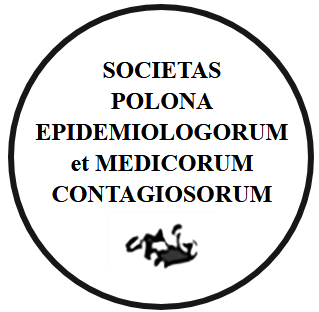INTRODUCTION. The highly contagious novel coronavirus disease 2019 (COVID-19) emerged recently as a global pandemic. An efficient way to mitigate the spread of the disease is lockdown and quarantine.
OBJECTIVE. This study aimed to evaluate the Iranian population’s mental health under lockdown during the COVID-19 pandemic.
MATERIAL AND METHODS. The General Health Questionnaire-28 (GHQ-28) was utilized to assess the mental health and psychosocial wellbeing of Iranian residents through an online survey. The questionnaire was sent on April 3, 2020, and remained open to responses until April 10, 2020. This period was the time of complete lockdown in Iran. Inclusion criteria included either gender, reading Farsi, internet access, and being between the ages of 18 and 65. Respondents with scores ≥ 24 were classified as having psychiatric problems.
RESULTS. Of 35,529 completed surveys, 28,790 were eligible for analysis. 73.4% of the respondents were female. The majority of the participants were between the ages of 26 to 45. Of the participants, 35.5% had scores in the pathological range. We found that females, younger residents, singles, and individuals with lower education had higher levels of psychopathology.
CONCLUSIONS. Our study suggests that the psychological impacts of the COVID-19 pandemic and quarantine are wide-ranging, substantial, and can be long-lasting.
You can change cookies settings in your browser. Restricted use of cookies in the browser configuration may affect some functionalities of the website.




